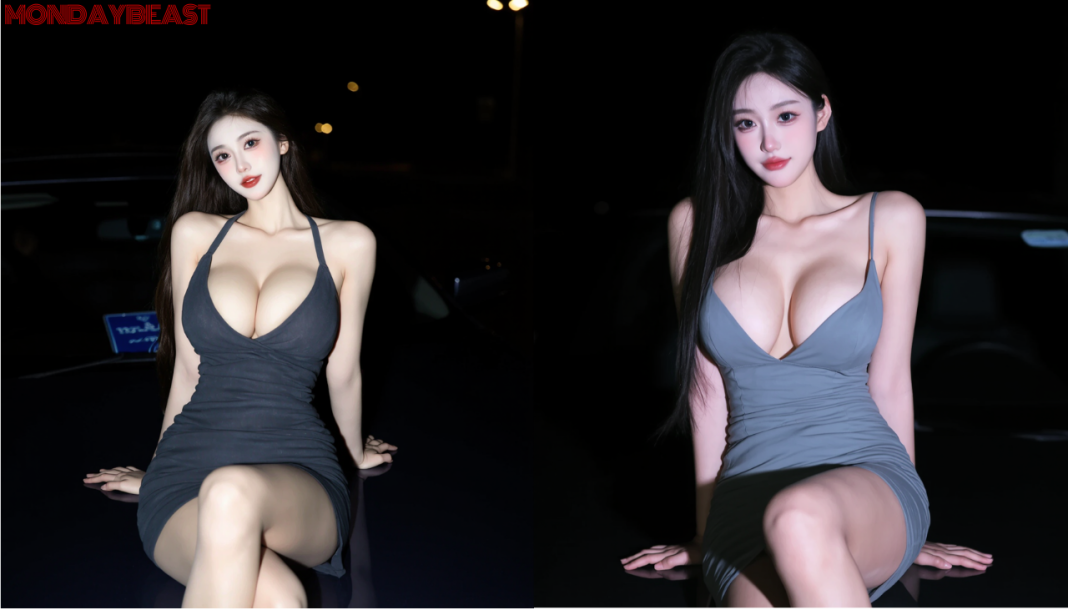Women as Symbols of Strength and Resilience
Throughout history, women have risen above challenges. They adapt and thrive in societies that often seek to limit their potential. Just think about the women in your life. Their fortitude is often inspiring.

Consider Malala Yousafzai. She’s a beacon for every girl seeking education. Her story isn’t just hers; it resonates with countless women fighting for their rights. It makes you wonder: how many untold stories are out there?

Their battles teach us valuable lessons. These dynamics shape societies, creating ripples affecting everyone. When we celebrate women’s achievements, we honor their sacrifices and show future generations that resilience is key.

Seduction as a Form of Power
Seduction often carries a misunderstood weight. It’s not just flirtation or allure. Women have wielded it as a tool for empowerment through ages. Think of Cleopatra or Mae West; their charm was their strength.
In modern contexts, seduction plays a role in professional settings too. Women use their charisma and persuasiveness in negotiations, leadership, and even activism. Isn’t it fascinating how charm can lead to significant change?

Yet, this concept raises questions about authenticity. Must seduction be part of the equation to gain respect? Or can a woman’s intellect and strength stand alone? The spectrum of femininity is indeed captivating.

Emotionally Charged Narratives
Personal stories often evoke deep connections. Women expressing trauma and triumph create powerful narratives. These stories are more than anecdotes; they shape societal understanding.

Take for instance the #MeToo movement. Women from various backgrounds rally to share their experiences. Each story, while deeply personal, contributes to a unified cry for justice.
This collective voice represents a milestone toward healing. It encourages vulnerability and honesty in addressing painful realities. Don’t we all want to feel heard and understood in our struggles?

The Intersection of Identity and Strength
A woman’s identity can be multi-layered. Influences from culture, history, and personal experiences shape her. This intersectionality creates unique narratives.
When examining women from diverse backgrounds, their struggles can vary yet appear familiar. It’s a reminder that empathy knows no bounds. It urges each of us to explore our differences.
How does this layered identity impact a woman’s perception of strength? Understanding this can lead to more profound support systems. Music, art, and storytelling reflect these identities beautifully. A tapestry of experience often tells a story of resilience.




